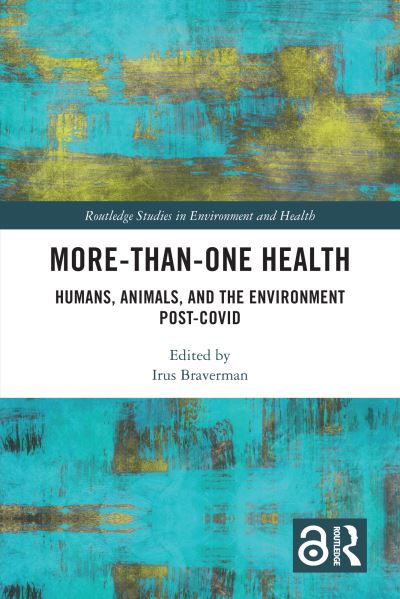
This edited volume examines the complex entanglements of human, animal, and environmental health. It assembles leading scholars from the humanities, social sciences, natural sciences, and medicine to explore existing One Health approaches and to envision a mode of health that is both more-than-human and also more sensitive to, and explicit about, colonial and neocolonial legacies—urging the decolonization of One Health.While acknowledging the importance of One Health, the volume at the same time critically examines its roots, highlighting the structural biases and power dynamics still at play in this global health regime. The volume is distinctive in its geographic breadth. It travels from Inuit sled dogs in the Arctic to rock hyraxes in Jerusalem, from black-faced spoonbills in Taiwan to street dogs in India, from spittle-bugs on Mallorca's almond trees to jellyfish management at sea, and from rabies in sub-Saharan Africa to massive culling practices in South Korea. Together, the contributors call for One Health to move toward a more transparent, plural, and just perception of health that takes seriously the role of more-than-humans and of nonscientific knowledges, pointing to ways in which One Health can—and should—be decolonized.This volume will appeal to researchers and practitioners in the medical humanities, posthumanities, environmental humanities, science and technology studies, animal studies, multispecies ethnography, anthrozoology, and critical public health.The Open Access version of chapter 1, available at http://www.taylorfrancis.com/books/e/9781003294085, has been made available under a Creative Commons Attribution-Non Commercial-No Derivatives 4.0 license. Funded by the Wellcome Trust.
| ISBN: | 9781032277882 |
| Publication date: | 26th August 2024 |
| Author: | Irus Braverman |
| Publisher: | Routledge an imprint of Taylor & Francis |
| Format: | Paperback |
| Pagination: | 284 pages |
| Series: | Routledge Studies in Environment and Health |
| Genres: |
Applied ecology Environmental factors Medical ethics and professional conduct Social work Colonialism and imperialism National liberation and independence Botany and plant sciences Zoology and animal sciences Human geography Development studies Anthropology Environmental medicine Social impact of environmental issues Politics and government |